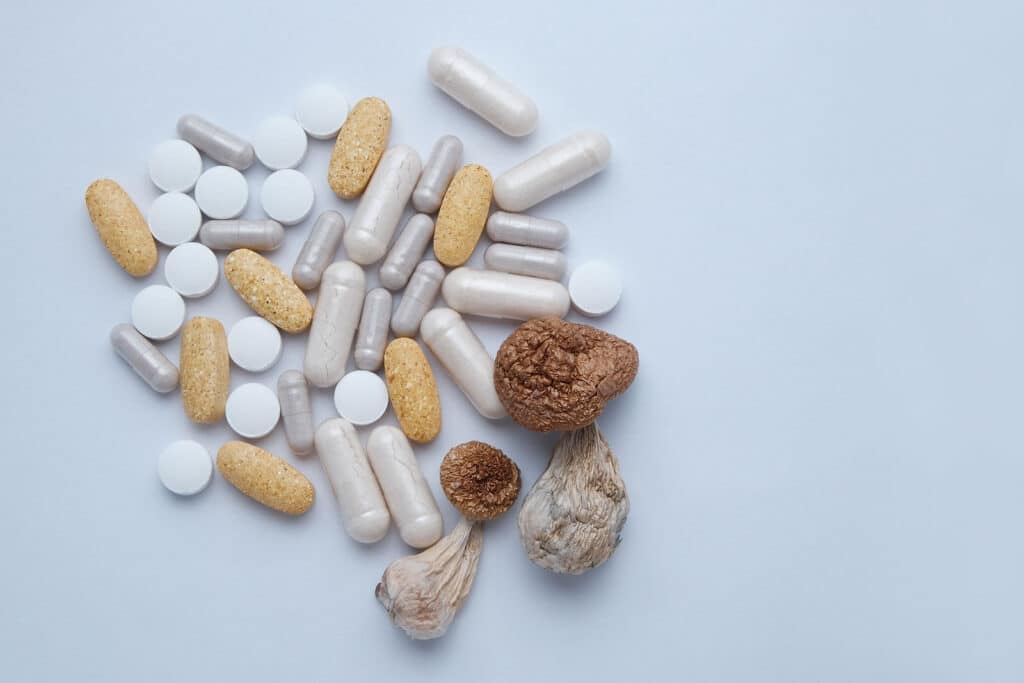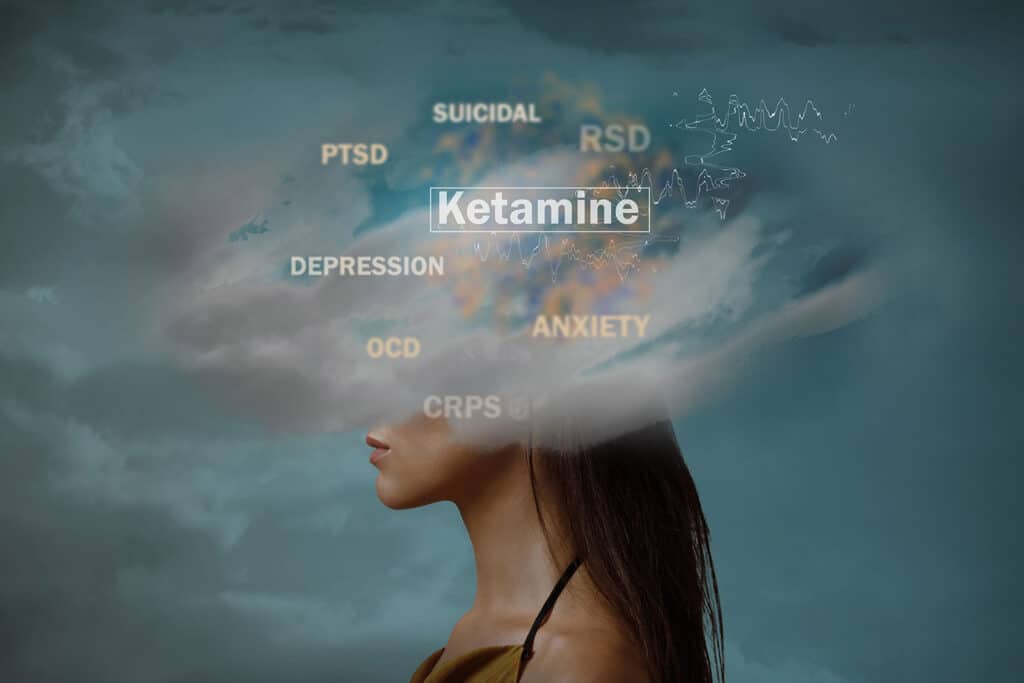Dimethyltryptamine (DMT)—sometimes called the “spirit molecule”—is a powerful hallucinogenic drug found naturally in certain plants and animals. It’s also produced synthetically for illicit use. Known for its intense hallucinogenic effects and rapid onset, DMT has been used both recreationally and in traditional ayahuasca ceremonies in South America for centuries.
In the United States, DMT is classified as a Schedule I controlled substance by the Drug Enforcement Administration (DEA), meaning it has a high potential for abuse and no accepted medical use. But is DMT actually addictive?
What Is DMT?
DMT—chemically known as N,N-Dimethyltryptamine—is a psychedelic drug similar to LSD and psilocybin. It acts primarily on the brain’s serotonin receptors, producing intense visual hallucinations, altered perception of time, and profound changes in thought and emotion.
When using DMT, effects typically begin within seconds (if smoked or vaporized) and last only 15–30 minutes. Ayahuasca, a tea brewed from DMT-containing plants, can last several hours due to its oral consumption and the presence of MAO inhibitors.

Is DMT Physically Addictive?
Unlike opioids, alcohol, or nicotine, DMT does not appear to cause physical dependence or strong withdrawal symptoms. Most users do not develop cravings or need to increase doses over time.
However, DMT can still lead to psychological dependence. Some individuals repeatedly seek the intense, “life-changing” experiences or spiritual insights it provides—especially when it’s part of ongoing drug use or experimentation with other psychedelic drugs.
Risks of DMT Abuse
While DMT may not cause traditional physical dependence, repeated DMT abuse can have serious consequences for mental health and overall wellness:
Short-Term Side Effects of DMT
- Increased heart rate and high blood pressure
- Dilated pupils
- Rapid eye movements
- Nausea and vomiting (especially with ayahuasca)
- Body temperature fluctuations
- Visual hallucinations and altered perception
- Bad trips leading to intense fear or panic
Potential Long-Term Effects
- Persistent psychological effects or flashbacks
- Hallucinogen persisting perception disorder (HPPD)
- Worsening of preexisting mental health disorders
- Psychosis in vulnerable individuals
- Serotonin syndrome when mixed with antidepressants or other serotonin-affecting drugs
Life-Threatening Risks
High doses or unsafe use of DMT can cause life-threatening complications:
- Respiratory arrest
- Dangerous spikes in blood pressure and heart rate
- Severe panic or agitation leading to risky behavior
Mixing DMT with other substances—especially opioids, stimulants, or antidepressants—significantly increases these risks.

DMT Addiction and Treatment
Although DMT addiction in the physical sense is rare, problematic substance use disorder can still develop, particularly when DMT use becomes a primary coping mechanism for mental health disorders or emotional distress.
Treatment options for DMT-related problems may include:
- Detox (mainly for those using DMT alongside other addictive drugs)
- Inpatient or outpatient programs at a treatment center
- Cognitive-behavioral therapy (CBT) for psychological dependence
- Evidence-based mental health care for underlying conditions
- Support groups and relapse prevention strategies
The National Institute on Drug Abuse (NIDA) emphasizes that effective treatment plans should address both substance use and mental health needs.
When to Seek Help
If you or a loved one is struggling with DMT use, substance abuse, or co-occurring mental health challenges, speak with a healthcare professional. Early intervention can prevent long-term harm and improve overall well-being.
Bottom Line
DMT is not considered physically addictive, but it can still lead to harmful patterns of psychological dependence and substance use disorder. Its side effects—from rapid heart rate to potential psychosis—make it a risky drug, especially outside a controlled, ceremonial, or therapeutic setting.
If DMT or other hallucinogenic drugs are impacting your wellness or mental health, professional addiction treatment and mental health services are available to help.











